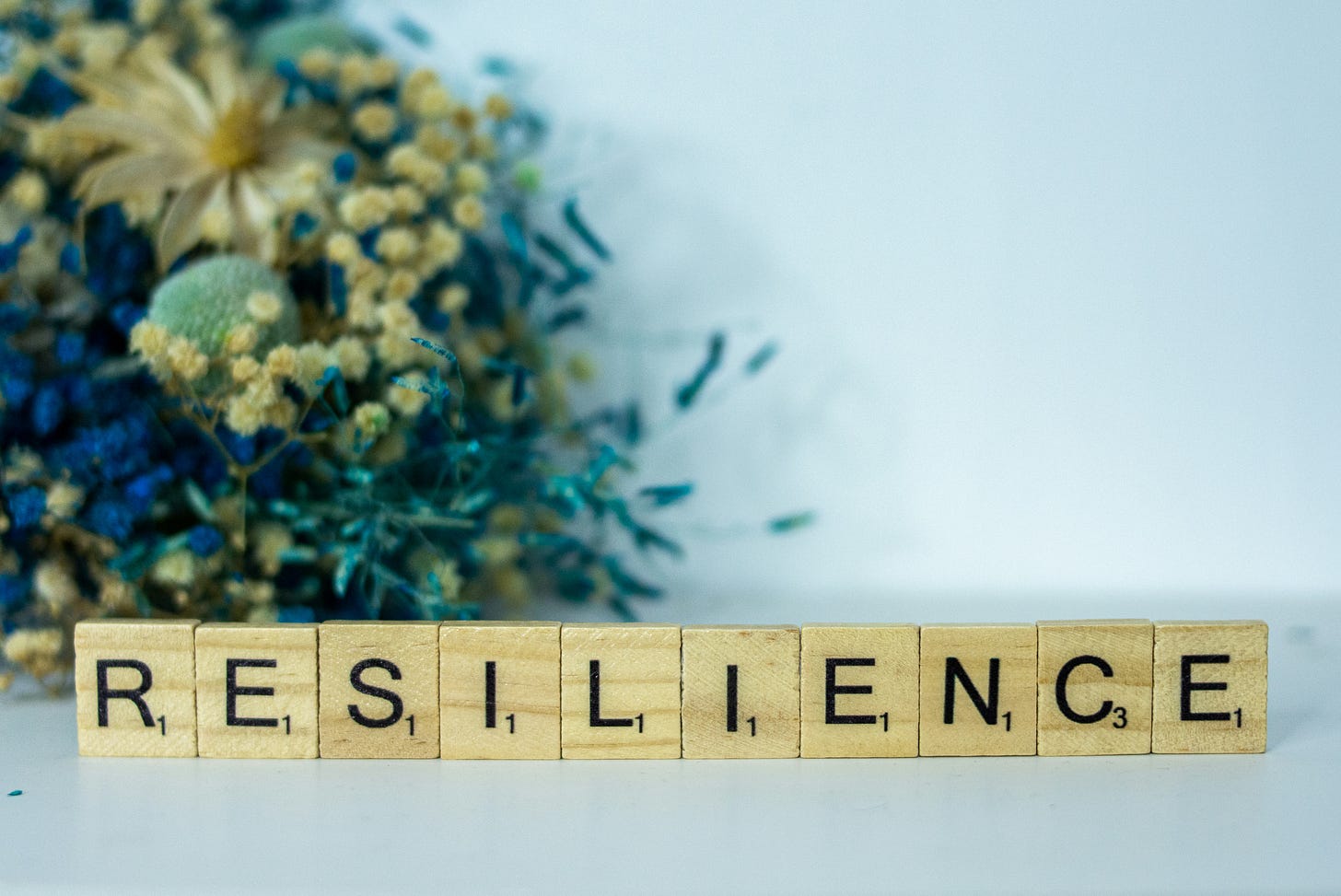What Does It Really Mean to Be Resilient?
Tracing the journey from a scientific concept to a cultural cliché—and what gets lost along the way.

Resilience has become one of those buzzwords that has lost its meaning. Resilience has become a buzzword that's lost its meaning.
Politicians use it to create myths about their people being exceptionally resilient, either to lift morale or to justify cutting budgets. Meanwhile, CEOs invoke it to explain why remaining employees should stay during layoffs intended to increase shareholder value.
What does science have to say about resilience?
Originally, the concept of resilience had a scientific basis. In the 1960s, American scientist Norham Garmezy studied children who grew up in challenging environments marked by poverty and stress. Having experienced hardship as a Jewish emigrant with his parents from the USSR to New York, he became curious about why some children succeeded in life despite such difficulties.
He coined the term “resilience” to describe the ability to overcome adversity and recover from setbacks.
This concept was later adopted in psychology and exte…
Keep reading with a 7-day free trial
Subscribe to Shared Humanity to keep reading this post and get 7 days of free access to the full post archives.

